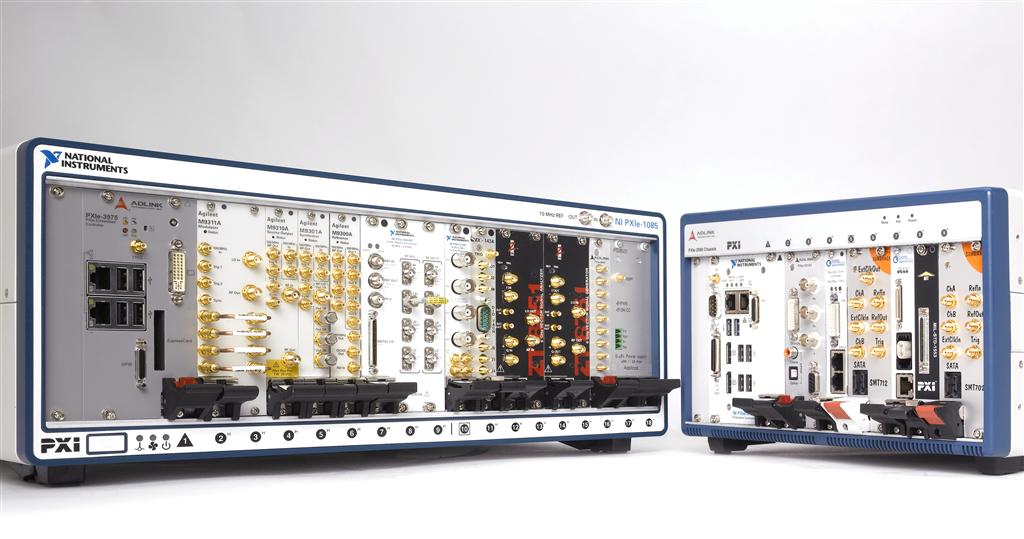Description
The National Instruments PCMCIA-GPIB is a high-performance GPIB Instrument Control Device designed for computers with PC Card (PCMCIA) slots, supporting a variety of operating systems including Mac, DOS, and Windows. It facilitates seamless integration with popular software such as Measurement Studio, LabVIEW, and LabWindows/CVI. With a data transfer rate of 1.3 MB/s following the IEEE 488.1 standard and 2.2 MB/s for the HS-488 standard, it ensures efficient communication.
The device boasts a 32-byte FIFO buffer to enhance data handling and a 20 MHz sampling rate for precise measurements. The timestamp resolution of 50 ns provides accurate time tracking for events. Adherence to the PCMCIA PC Card Standard Version 2.1 ensures compatibility with a wide range of systems.
Available with various part numbers, including 778034-02, 778034-04, 777332-02, 777332-04, 777156-02, 777156-04, 776857-01, 776857-04, and 776960-02, the device’s versatility is evident. Although its obsolete status has been announced by National Instruments, it remains accessible for purchase and repairs through Apex Waves.
| Specification | Detail |
|---|---|
| Manufacturer | National Instruments |
| Device Type | GPIB Instrument Control Device |
| Compatible Operating Systems | Mac, DOS, Windows |
| Compatible Software | Measurement Studio, LabVIEW, LabWindows/CVI |
| Data Rate | 1.3 MB/s (IEEE 488.1), 2.2 MB/s (HS-488) |
| FIFO Size | 32-byte |
| Sampling Rate | 20 MHz |
| Timestamp Resolution | 50 ns |
| Compliance | PCMCIA PC Card Standard Version 2.1 |
| Part Numbers | 778034-02, 778034-04, 777332-02, 777332-04, 777156-02, 777156-04, 776857-01, 776857-04, 776960-02 |
| Obsolete Status | Announced by National Instruments, available for purchase and repairs by Apex Waves |
Q1: What are the data transfer rates for the National Instruments PCMCIA-GPIB when operating under IEEE 488.1 and HS-488 standards, and what is the device’s FIFO buffer size?
A1: The National Instruments PCMCIA-GPIB Instrument Control Device is compatible with Mac, DOS, and Windows operating systems and integrates seamlessly with software platforms such as Measurement Studio, LabVIEW, and LabWindows/CVI for computers equipped with PC Card slots.
Q2: What are the data transfer rates supported by the National Instruments PCMCIA-GPIB Instrument Control Device according to the IEEE 488.1 and HS-488 standards?
A2: The National Instruments PCMCIA-GPIB Instrument Control Device supports data transfer rates of 1.3 MB/s according to the IEEE 488.1 standard and 2.2 MB/s for the HS-488 standard.
Q3: What software platforms are compatible with the National Instruments PCMCIA-GPIB Instrument Control Device for integration with computers equipped with PC Card slots?
A3: The National Instruments PCMCIA-GPIB Instrument Control Device features a 32-byte FIFO buffer, a 20 MHz sampling rate, a timestamp resolution of 50 ns, and data transfer rates of 1.3 MB/s and 2.2 MB/s for IEEE 488.1 and HS-488 standards, respectively. It is compatible with various operating systems such as Mac, DOS, and Windows, and integrates with software like Measurement Studio, LabVIEW, and LabWindows/CVI,
Q4: What software is compatible with the National Instruments PCMCIA-GPIB instrument control device, and what are its data transfer rates according to the IEEE 488.1 and HS-488 standards?
A4: The National Instruments PCMCIA-GPIB achieves data transfer rates of 1.3 MB/s under the IEEE 488.1 standard and 2.2 MB/s under the HS-488 standard, and it is equipped with a 32-byte FIFO buffer.
Q5: What are the key features and specifications of the National Instruments PCMCIA-GPIB Instrument Control Device, and where can it still be purchased despite its obsolescence?
A5: The National Instruments PCMCIA-GPIB instrument control device is compatible with Measurement Studio, LabVIEW, and LabWindows/CVI software, and it offers data transfer rates of 1.3 MB/s following the IEEE 488.1 standard and 2.2 MB/s for the HS-488 standard.




